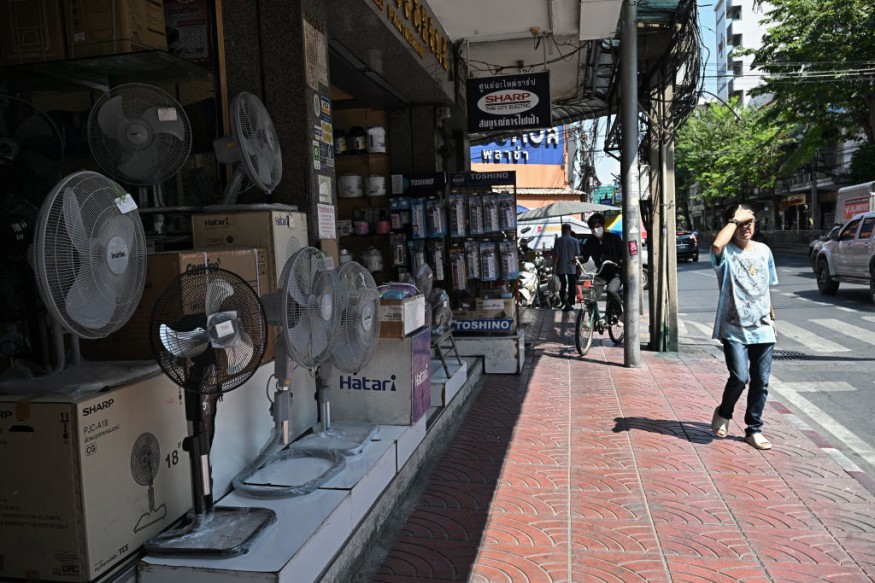The latest report raised concerns about the impacts of rising temperatures on Southeast Asia, causing potential drought and heat-related health concerns. Hotter weather can be unbearable for communities without cooling systems, causing potential health risks.
In Thailand, a recent report noted that the country is expected to celebrate a water festival time amidst the record-high temperatures. However, the unusual heat can likely threaten communities, urging them to prepare and avoid prolonged exposure to heat.
In a report published in Communications Earth and Environment, researchers warned of the possible risk of concurrent heatwaves and extreme sea levels on global coastal communities. The report urged to reduce greenhouse gas emissions, warning of potential concurrent extremes each year from 2025 to 2024.
Nature World News (NWN) report explained the potential health risks of heatwaves, particularly for people with medical conditions, older adults, children, outdoor workers, and pets. Heat stroke and heat fatigue are both serious health concerns due to hotter temperatures.
Heatwaves and Climate Change Impacts on Southeast Asia

Parts of Southeast Asia have experienced unprecedented temperatures. El Nino events and climate change have brought the challenging heat, causing heat-related health concerns and drought impacts.
Climate change can influence precipitation patterns, causing prolonged heat, which can affect communities without cooling systems. The lack of rain can potentially affect the agricultural industries. In Vietnam, the country has experienced intense drought due to the heat.
Malaysia has also suffered from rising temperatures, and cloud seedling technology is tapped as a way to bring more rain, mitigating the effects of heat-related health concerns. Recent reports highlight that Southeast Asia is known to be at risk of climate change, including the following:
- heatwaves
- droughts
- floods
In a report, researchers raised concerns about the mild to severe heatwaves in Malaysia, warning of increasing threats of hotter temperatures in the region.
With studies indicating climate change's influence on temperature-related extremes, frequent extreme weather events are likely. Similar to Southeast Asia, South America, Africa and the Middle East have experienced the same heatwaves.
Severe to extreme heatwaves can cause alarming damage to ecosystems and wildlife, which are sensitive to temperature fluctuations. The situation can affect the animal's behavior. For coral reefs, the rise in temperatures can lead to a decline in coral health, causing coral bleaching.
Also Read : Climate Change Could Impact Ecosystems Across Boreal Forests, Tundra Regions Up to the Year 2500 [Study]
Improving Climate Resilience
As heatwaves become more severe in some countries, improving climate resilience is crucial. Effective weather prediction and adaptation to climate change can significantly help mitigate its adverse effects, particularly for poorer populations.
For communities, planting trees and deforestation mitigation help fight climate change. However, the global goal in reducing greenhouse gas emissions is timely and significant.
Related Article : Climate Burden on Farms: Study Reveals Rising Financial Costs of Climate Change for Agriculture
For more similar, don't forget to follow Nature World News
© 2025 NatureWorldNews.com All rights reserved. Do not reproduce without permission.




